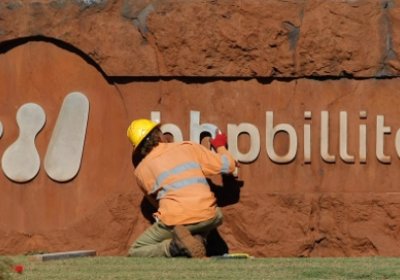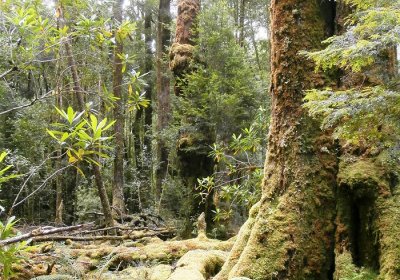Australia
University students across Australia will take to the streets on May 14 to protest the federal Labor government’s $2.8 billion cuts to higher education. The call by the National Union of Students (NUS) for a “student strike against education cuts” has not only received support from students, but also the National Tertiary Education Union (NTEU), which covers university staff. On a number of campuses, NTEU members have been resisting cuts that university administrations claim are necessary due to lack of government funding.
Liberal Premier Colin Barnett has proposed reforms to license and register some forms of sex work. And again people are referring to the bill as “legalisation” and “partial decriminalisation” when it is not. It’s deeply concerning when big party politicians and mainstream journalists do not understand the proposed sex-work laws, and describe them as the opposite of what they are. Most Western Australians seem unaware that Barnett’s proposed bill is unnecessary, perpetuates stigma towards sex workers and will result in worse working conditions.
Economic forecasting agency BIS Shrapnel has reported that engineering work, spurred on by the mining boom, would be about $128 billion in Australia this financial year. It may be easy to suggest that, despite the rumours, the mining boom is set to continue long into the future. However, the report was quite downbeat. ABC Online said BIS Shrapnel predicted that a "slowdown in mining investment and its related infrastructure is expected to reduce activity by 5.4% next financial year … engineering construction will be 20% below this year's peak by 2016-2017."
- Previous page
- Page 656
- Next page











